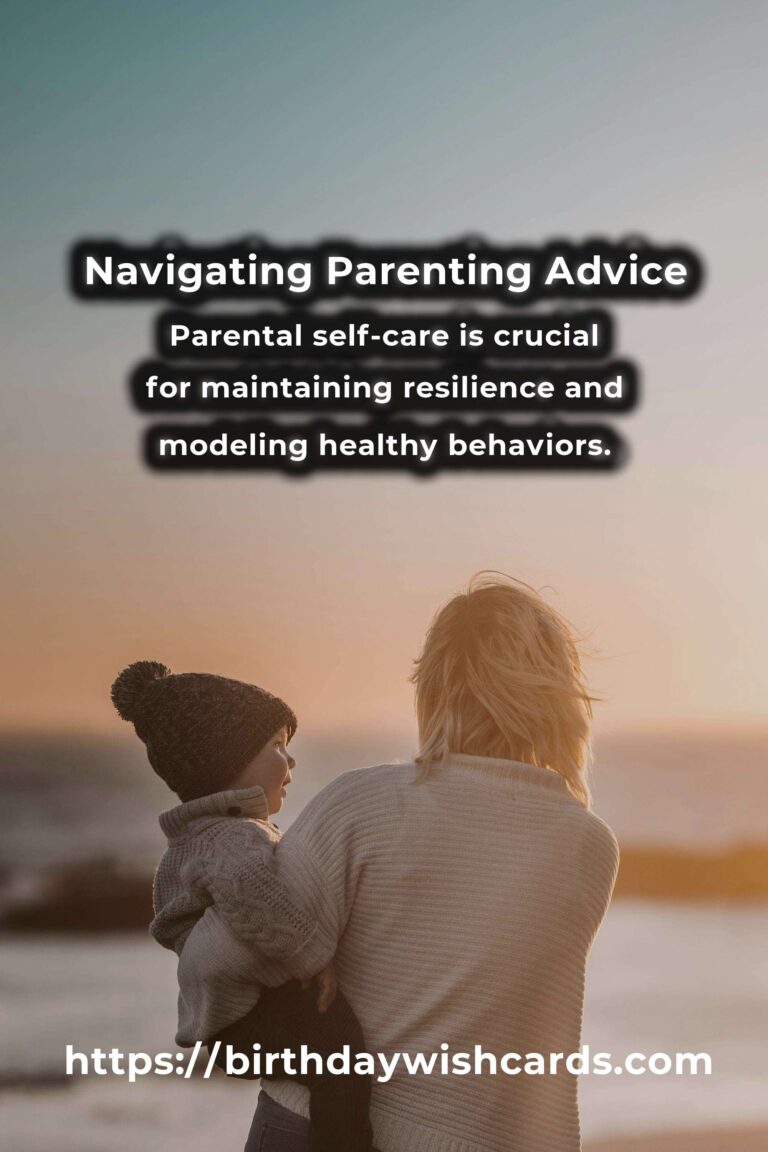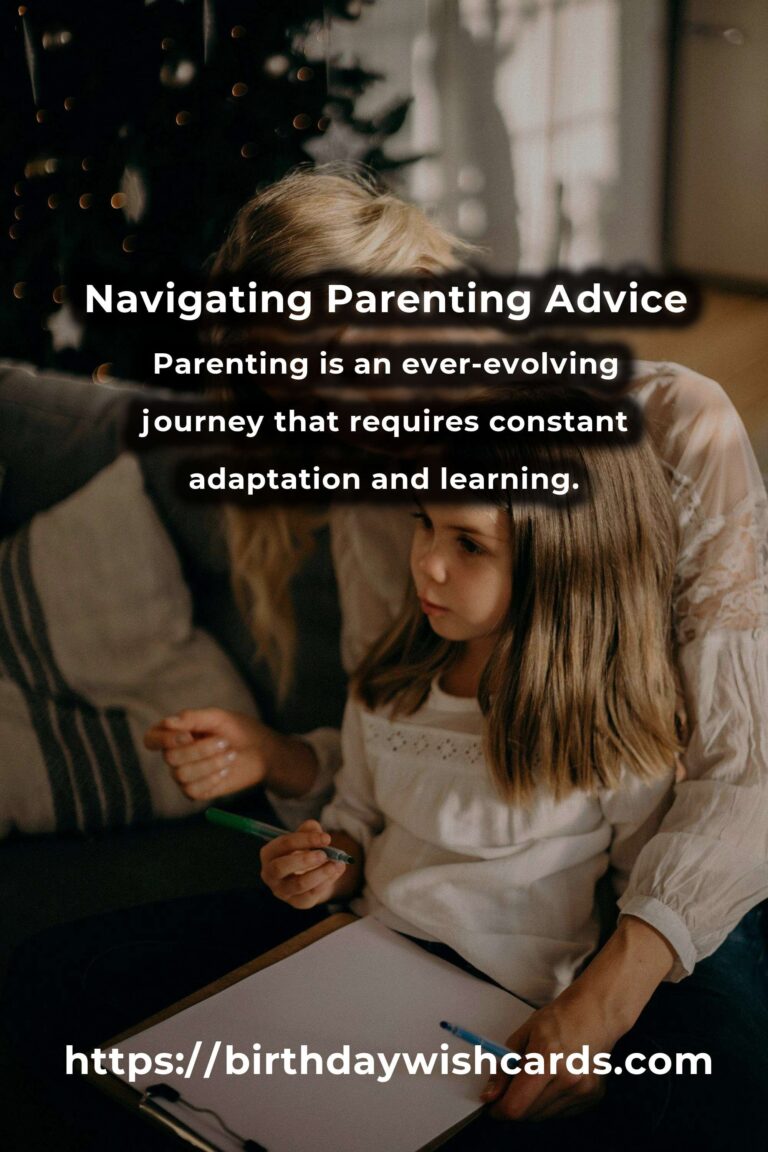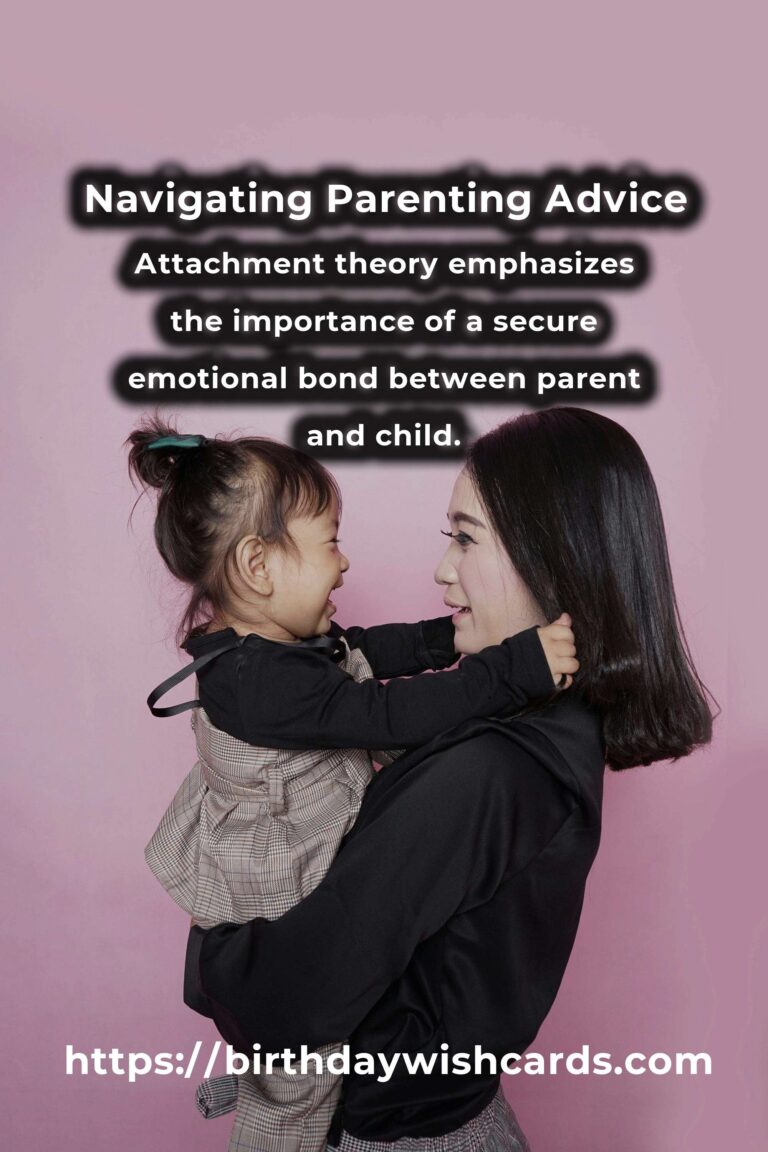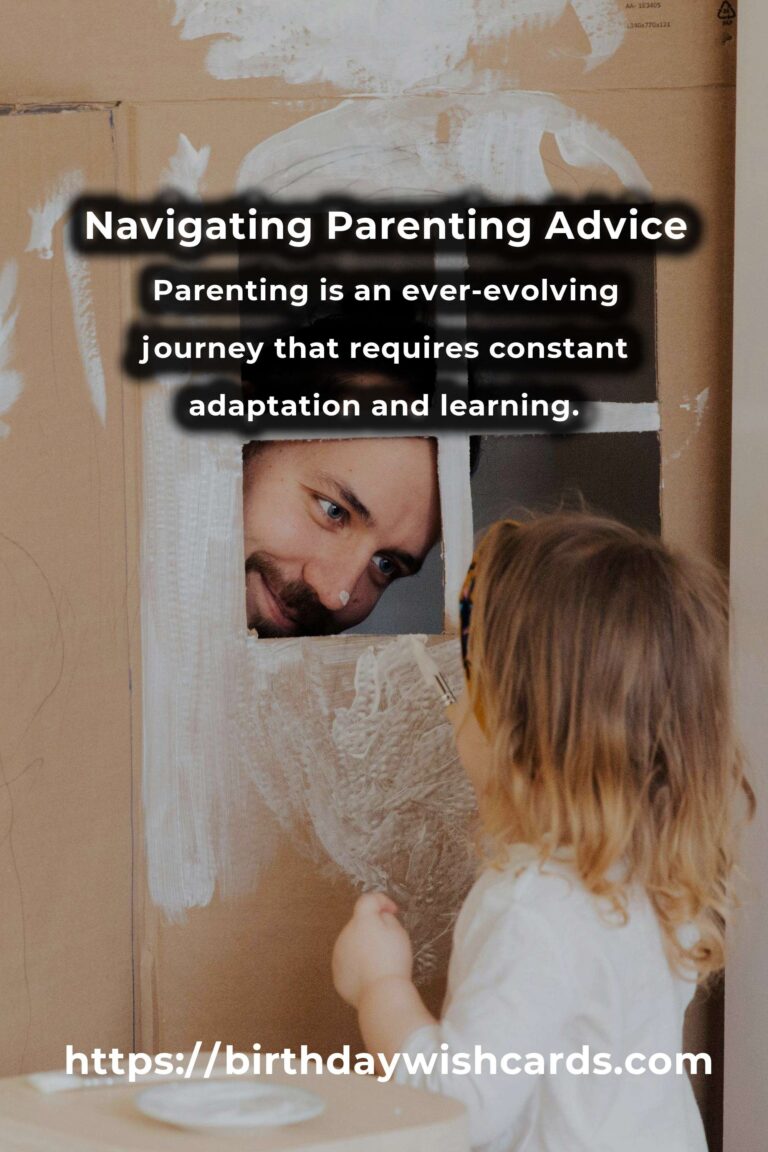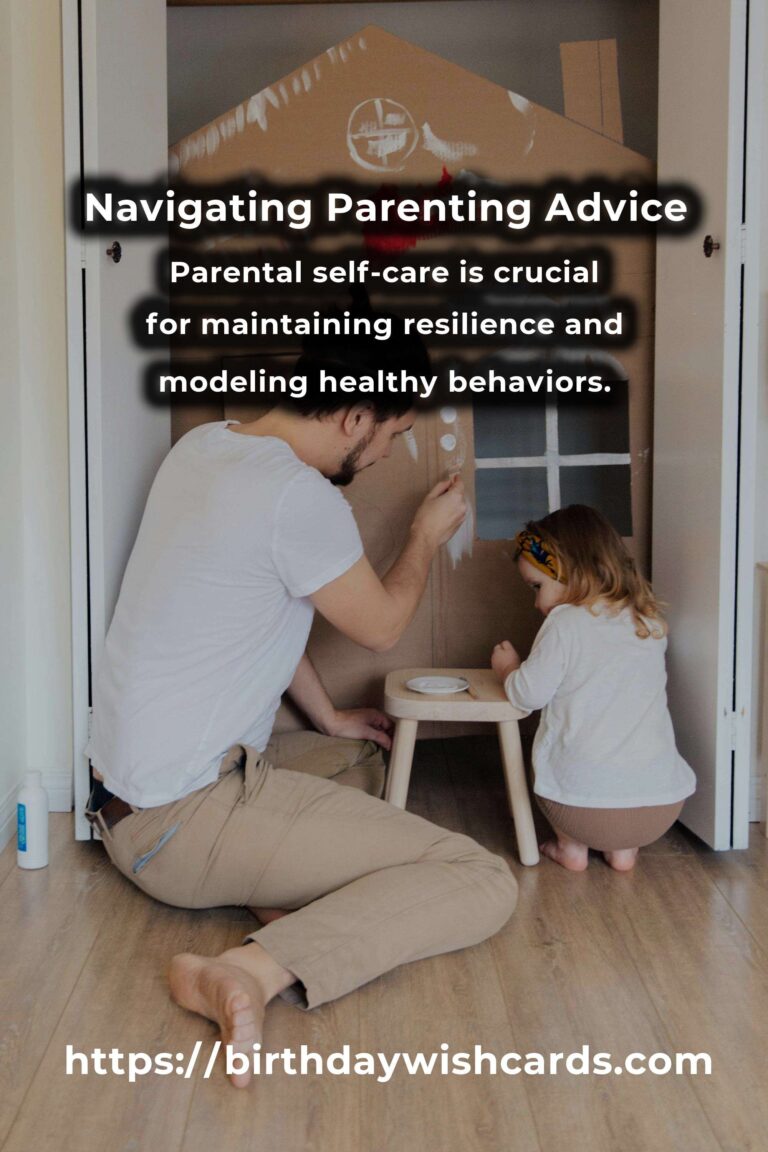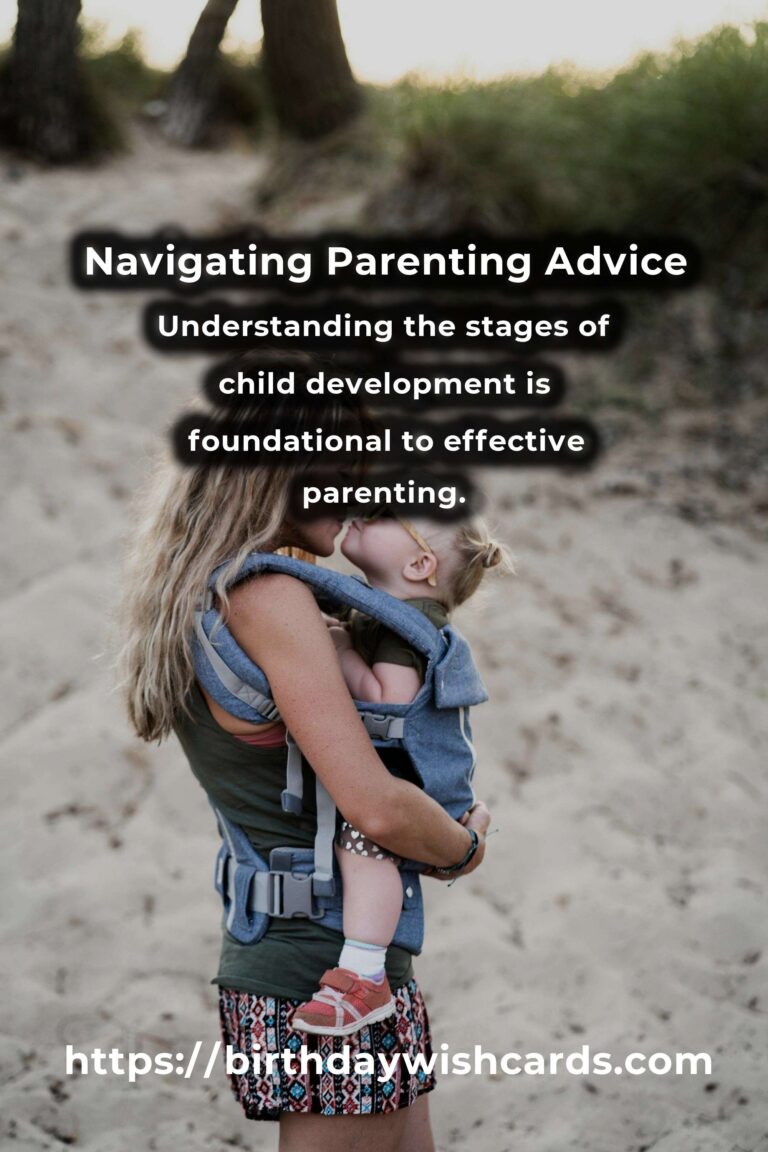
Parenting is an ever-evolving journey that requires constant adaptation and learning. While there is no one-size-fits-all approach to raising children, scientific research provides valuable insights and guidance. This article explores the science behind parenting advice, offering a roadmap to help you navigate the complexities of parenting with confidence and understanding.
Understanding Child Development
One of the foundational aspects of effective parenting is understanding the stages of child development. Children go through various physical, emotional, and cognitive changes as they grow. By comprehending these developmental milestones, parents can provide appropriate support and foster a nurturing environment.
According to developmental psychologists, children progress through distinct stages, each characterized by unique challenges and opportunities. For instance, during the early years, children develop motor skills, language, and emotional regulation. Understanding these stages enables parents to tailor their approach to meet their child’s specific needs.
Attachment Theory and Its Impact
Attachment theory, developed by John Bowlby and Mary Ainsworth, emphasizes the importance of a secure emotional bond between parent and child. This bond significantly impacts a child’s emotional and social development. Research shows that children with secure attachments tend to have better self-esteem, stronger relationships, and improved problem-solving skills.
Parents can foster secure attachments by being responsive to their child’s needs, providing consistent care, and creating a safe and loving environment. Understanding the principles of attachment theory can guide parents in building strong, healthy relationships with their children.
Positive Parenting Techniques
Positive parenting focuses on nurturing a child’s strengths and promoting their well-being through encouragement and support. Instead of punitive measures, positive parenting emphasizes understanding, empathy, and effective communication.
Research indicates that positive parenting techniques, such as setting clear expectations, active listening, and offering praise, contribute to better behavioral outcomes and emotional resilience in children. By incorporating these strategies, parents can create a supportive atmosphere that fosters growth and development.
The Role of Discipline in Parenting
Discipline is a crucial component of parenting, but it should be approached thoughtfully. Effective discipline involves teaching and guiding rather than punishing. Research suggests that authoritative parenting, which combines warmth with appropriate boundaries, leads to positive behavioral outcomes.
Parents can implement discipline by setting clear rules, explaining the reasons behind them, and enforcing consequences consistently. This approach helps children understand the importance of boundaries and cultivates self-discipline.
The Influence of Parental Self-Care
It’s essential for parents to prioritize their own well-being. Parental stress and burnout can negatively impact parenting effectiveness and child outcomes. Research highlights the importance of self-care practices, such as exercise, mindfulness, and seeking social support, in maintaining parental resilience.
By taking care of themselves, parents can model healthy behaviors for their children and create a more positive family environment. Balancing self-care with parenting responsibilities is crucial for long-term well-being.
Conclusion: Embracing the Parenting Journey
The science behind parenting advice offers valuable insights into the complexities of raising children. By understanding child development, fostering secure attachments, utilizing positive parenting techniques, implementing effective discipline, and prioritizing self-care, parents can navigate the parenting journey with confidence and success.
While no roadmap can address every challenge, embracing the science of parenting equips parents with the tools they need to support their children’s growth and well-being. Remember, parenting is a lifelong journey of learning and adaptation, and science provides a guiding light along the way.
Parenting is an ever-evolving journey that requires constant adaptation and learning. Understanding the stages of child development is foundational to effective parenting. Attachment theory emphasizes the importance of a secure emotional bond between parent and child. Positive parenting techniques focus on nurturing a child’s strengths and promoting their well-being. Effective discipline involves teaching and guiding rather than punishing. Parental self-care is crucial for maintaining resilience and modeling healthy behaviors.
#Parenting #ChildDevelopment #PositiveParenting #ParentingAdvice #FamilyLife

